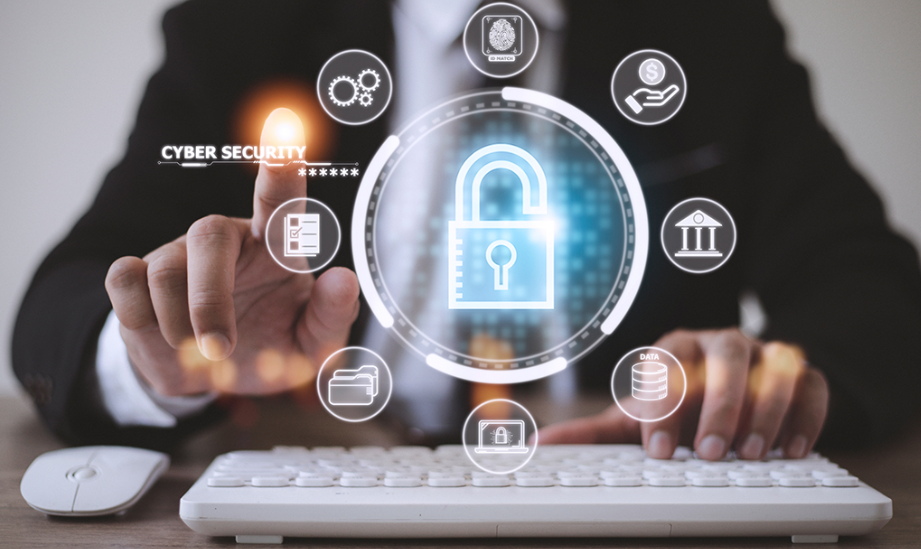Maximizing Online Performance and Security
The Need for Secure Internet Connections
In a world increasingly dependent on the internet, safeguarding personal and professional data has become a priority. Cyber threats such as data breaches, phishing attacks, and malware are widespread, targeting users who may not have adequate protection. With the growth of remote work, online transactions, and streaming services, ensuring a secure connection is crucial for both individuals and businesses.
Public Wi-Fi networks are a common source of vulnerability. Places like airports, cafes, and hotels offer convenience but often lack strong security protocols. Without proper protection, sensitive information such as login credentials, credit card details, and personal messages can be intercepted by hackers. Recognizing these risks is the first step toward safer internet usage.
How VPNs Enhance Digital Safety
A Virtual Private Network (VPN) serves as a digital shield for online activities. By encrypting the connection between a user’s device and the internet, a VPN prevents unauthorized access to personal data. This encryption ensures that even if data is intercepted, it remains unreadable and secure.
Additionally, VPNs hide users’ IP addresses, adding a layer of anonymity. This prevents tracking by websites, advertisers, and even some government agencies. VPNs also allow access to geo-restricted content, expanding entertainment and informational possibilities while maintaining safety. Modern VPN services offer extensive server networks, fast connection speeds, and user-friendly interfaces to balance protection with performance.
Advantages of a fast vpn
While encryption is essential, speed should not be sacrificed. A fast vpn ensures secure connections without slowing down internet activities. High-speed performance is vital for streaming videos, playing online games, conducting virtual meetings, and other bandwidth-intensive tasks.
A fast vpn also reduces latency and buffering issues, providing seamless access to online services. Users can enjoy safe browsing, protected communications, and unrestricted access to digital content without interruption. This combination of speed and security makes it an ideal solution for everyday internet usage.
Key Features to Consider in a VPN
Choosing the right VPN involves evaluating multiple aspects. Important features include strong encryption protocols, a broad server network, reliable speed, device compatibility, and responsive customer support. A VPN should offer security without complicating the user experience.
For organizations, VPNs enable secure remote work by protecting internal communications and sensitive files. For individuals, a fast vpn safeguards personal information, prevents tracking, and allows access to geographically restricted content. Selecting a service that balances security and usability is essential for achieving optimal online protection.
Addressing Common Misunderstandings
Some people believe that VPNs inherently slow down internet connections. In reality, a fast vpn can maintain or even enhance performance if servers are properly optimized. Users who select high-quality services can enjoy secure connections without sacrificing speed.
Another common misconception is that VPNs fast vpn are only necessary for business use. Personal internet activities such as online shopping, social media interactions, and private communications benefit greatly from VPN protection. Understanding the correct use and benefits of VPNs allows individuals to safeguard their digital footprint effectively.
See also: The Importance of Developing Tech Skills for the Modern Workforce
Integrating VPNs with Other Security Practices
While VPNs provide essential protection, combining them with other security measures maximizes safety. Strong passwords, two-factor authentication, updated software, and cautious online behavior are all critical practices.
A fast vpn integrated with these measures forms a robust defense system. Encryption protects data, IP masking ensures anonymity, and safe user practices reduce potential vulnerabilities. Together, these strategies provide comprehensive protection against cyber threats.
Real-World Applications of VPNs
VPNs have numerous applications for both personal and professional use. They protect data on public networks, provide anonymity, and allow access to content restricted by geography. Businesses use VPNs to secure communications, enable remote access, and protect internal resources.
A fast vpn enhances these benefits by maintaining high-speed connections, which is especially important for streaming, gaming, and professional tasks. Users can perform online activities efficiently without compromising security, demonstrating the practical value of a fast vpn in daily life.
Preparing for Evolving Cybersecurity Challenges
Cyber threats continue to evolve alongside technological advancements. Hackers develop increasingly sophisticated methods to exploit vulnerabilities, emphasizing the importance of proactive online protection.
A fast vpn plays a key role in defending against these evolving threats. When combined with safe online practices and up-to-date software, it provides a reliable barrier against unauthorized access, ensuring secure communications, transactions, and browsing. Users can confidently navigate the digital world while maintaining both speed and privacy.
Conclusion
Online security and performance are critical in today’s connected environment. VPNs, particularly a fast vpn, provide encryption, anonymity, and safe access to restricted content. They serve as vital tools for individuals and organizations looking to protect sensitive information.
When combined with strong passwords, careful online behavior, and regular updates, VPNs form part of a comprehensive security strategy. A fast vpn ensures that users can enjoy a seamless, secure, and efficient online experience, safeguarding personal and professional data against modern cyber threats.






